Author: Sanjiv Phansalkar
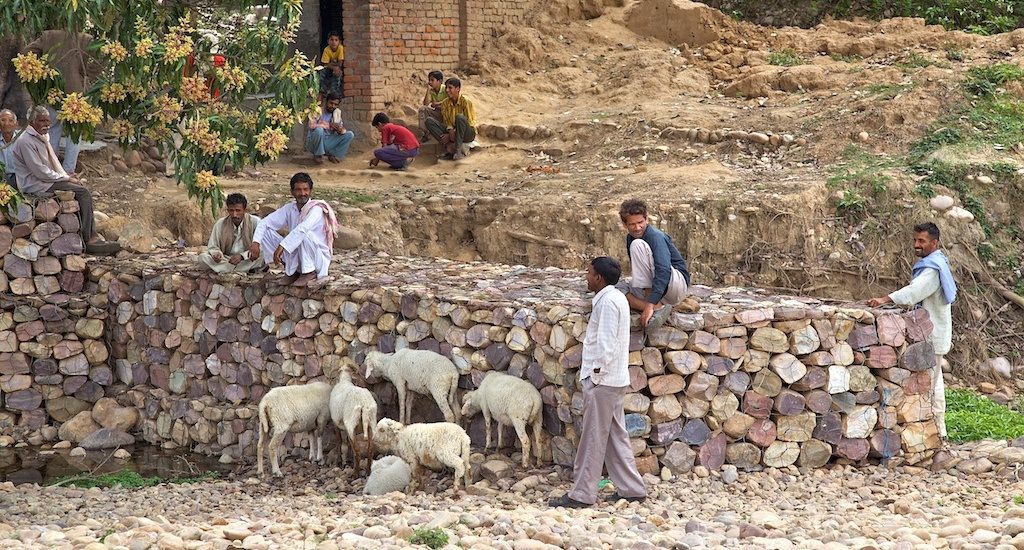
Money & manhood: changing gender roles in rural homes
In times of increasing agrarian stress and uncertain incomes, women in villages are becoming as much providers of families as men, but the vice grip of patriarchy refuses to slacken
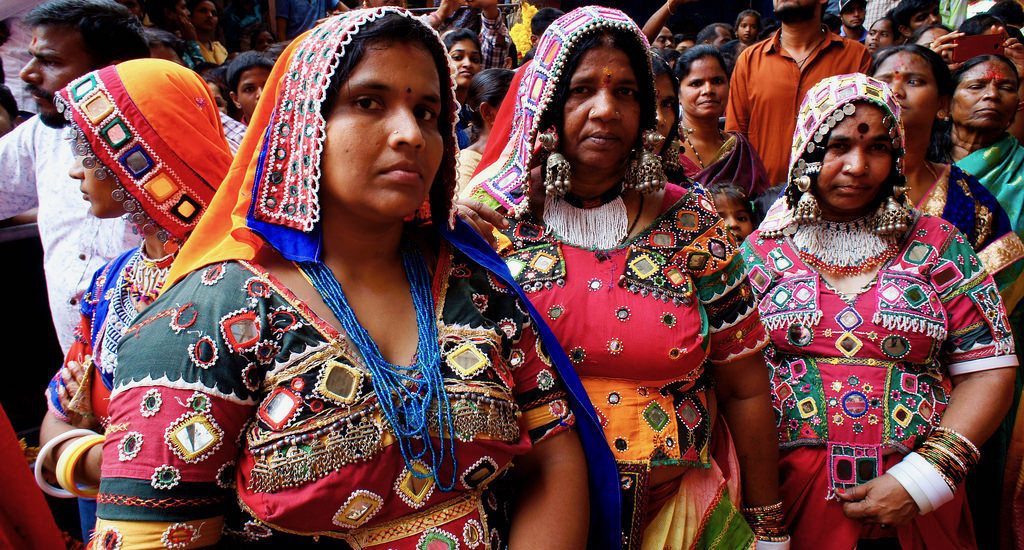
Blending tribal people into India’s mainstream
Efforts to meet the aspirations of India’s tribal population would essentially mean their greater integration with the national mainstream, which would also reduce their drive for sub-cultural identity

Rural crime and policing in India’s villages
Even as crime in rural India increases, particularly against marginalized communities, minorities and women, more effective policing is required to strengthen deterrence and enforce rule of law

Revive traditional wisdom for healthy life in villages
India has a rich heritage of local health traditions and reviving these diverse ethno-medical practices could ensure long and healthy lives for people in the countryside without spending huge amounts of money
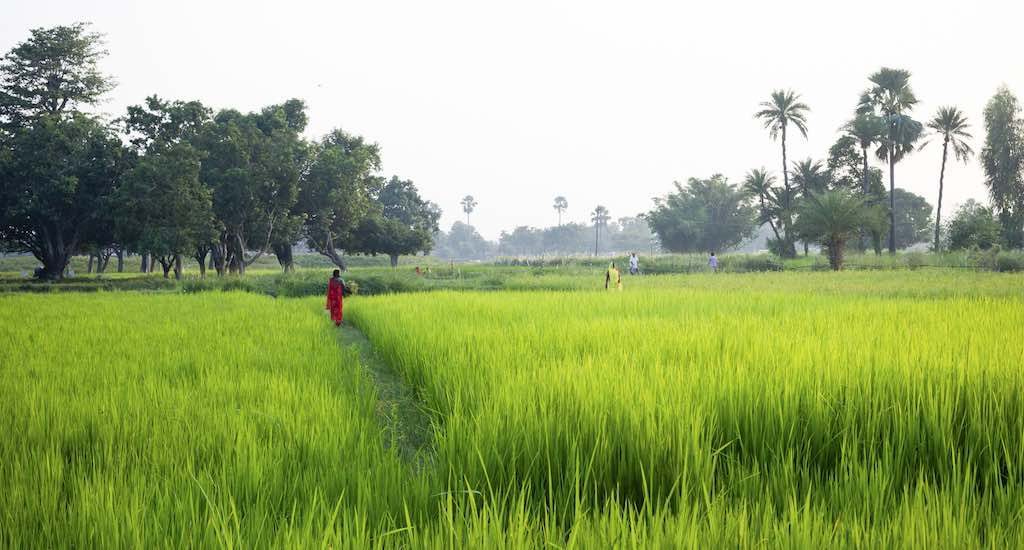
Gram swaraj in a globalizing world
Mahatma Gandhi’s vision of economically self-sufficient villages is at a distinct variance with the ideas and policies of liberalization, trade and globalization. Is it possible to strike a middle path?
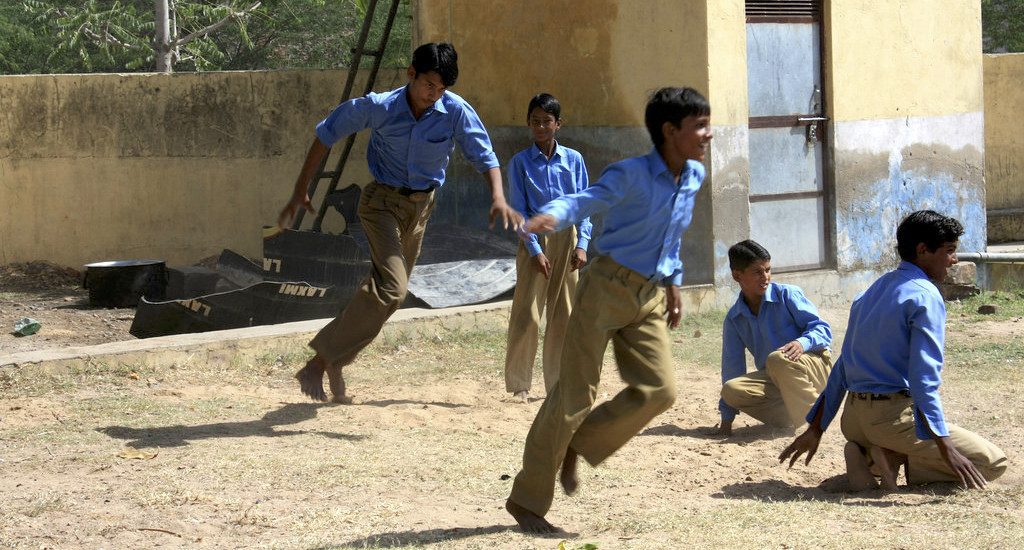
Rural youth: old prejudices or real disadvantages?
Despite long-held notions that young people in villages lack better life opportunities, the current situation of youth in urban areas and their proximate countryside is not too different in many parts of India
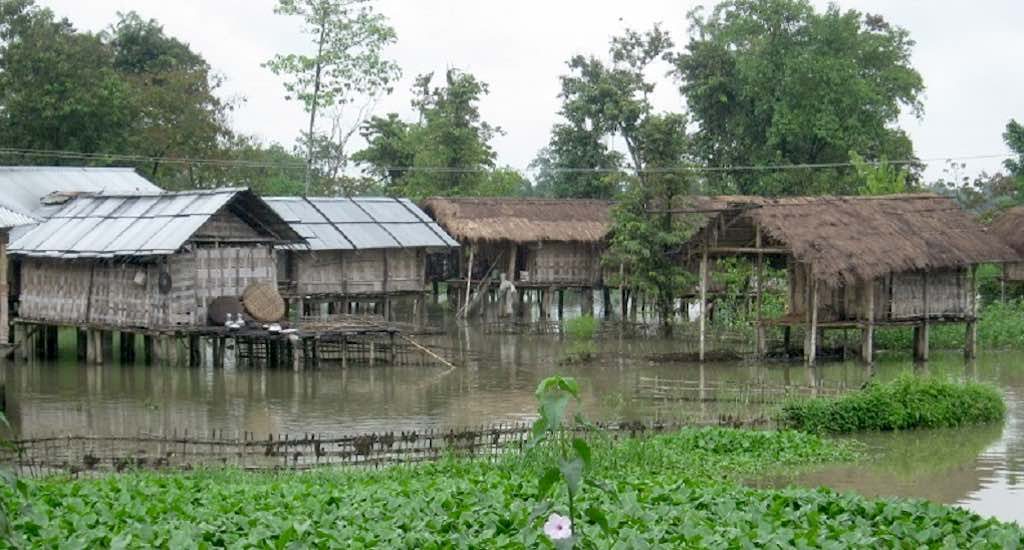
India’s traditional wisdom in coping with extreme weather
In large parts of the subcontinent where floods or droughts are annual or recurring events, people in rural areas have evolved location-specific strategies to deal with the disasters and unusual weather
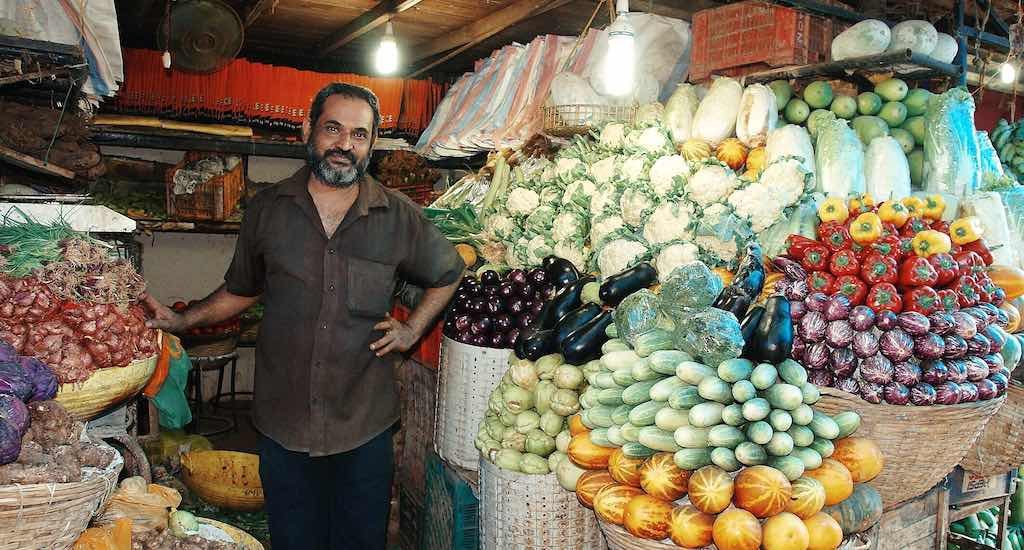
Of kamranga and kachnar: vanishing flavors and shrinking food basket
Innumerable varieties of native fruits and leafy vegetables found in different parts of India are becoming rare on dinner tables. We should make efforts to revive them for a more varied and nutritious food basket
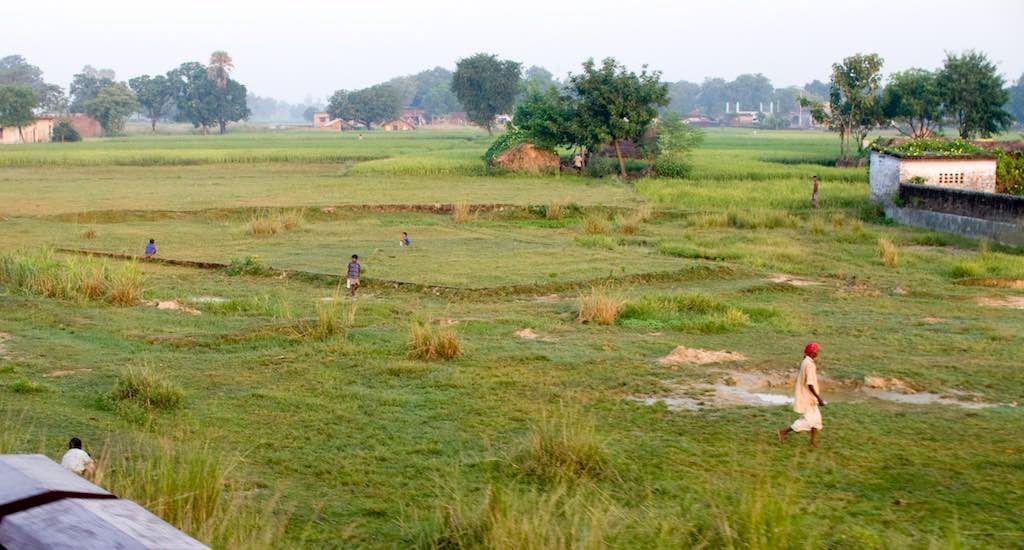
Reversing the indefensible culture of open defecation
Ending open defecation in India’s villages cannot be the sole responsibility of the government. The heads of rural households also need to made responsible to ensure that women have access to safe sanitation
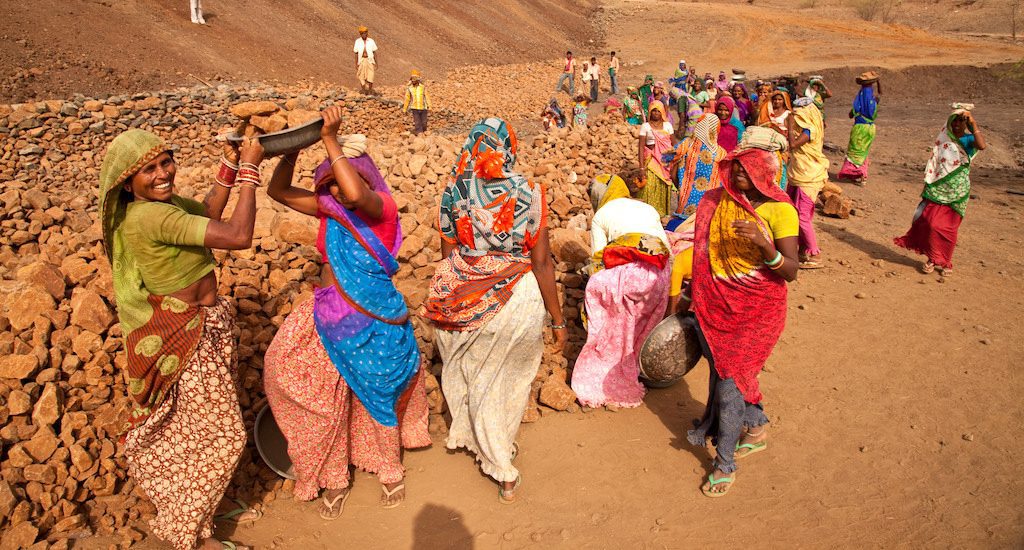
When the rural elite hijacks welfare schemes
Although there are multiple factors that interfere with the fair implementation of rural welfare programs, it is important to break the stranglehold of the rural elite and often co-opted local administration
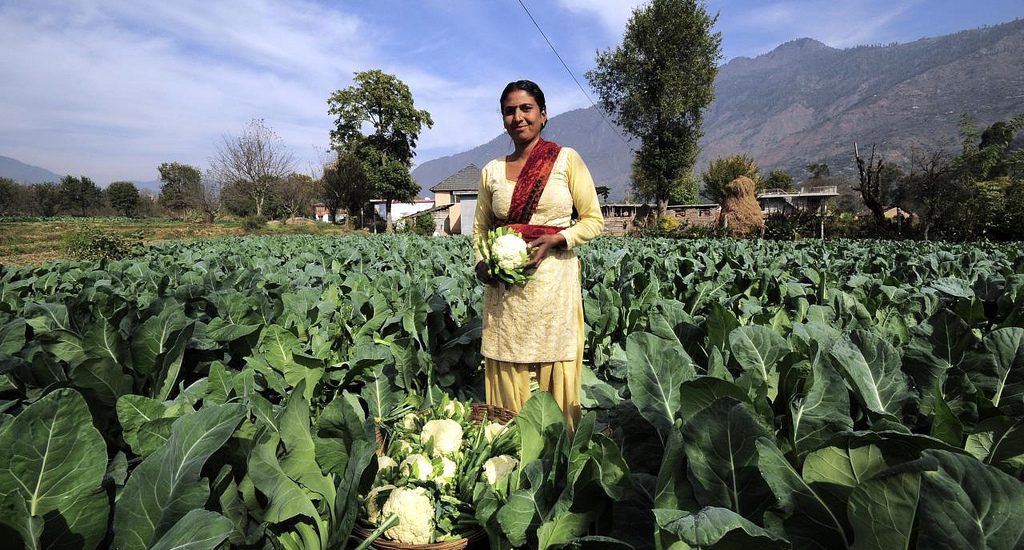
Why do villagers often ignore obvious yet valuable things?
We need to figure out ways in which people in rural India are able to make reasoned and sustainable choices to lead their lives rather than flow with trends that are more expensive or patently unsuitable
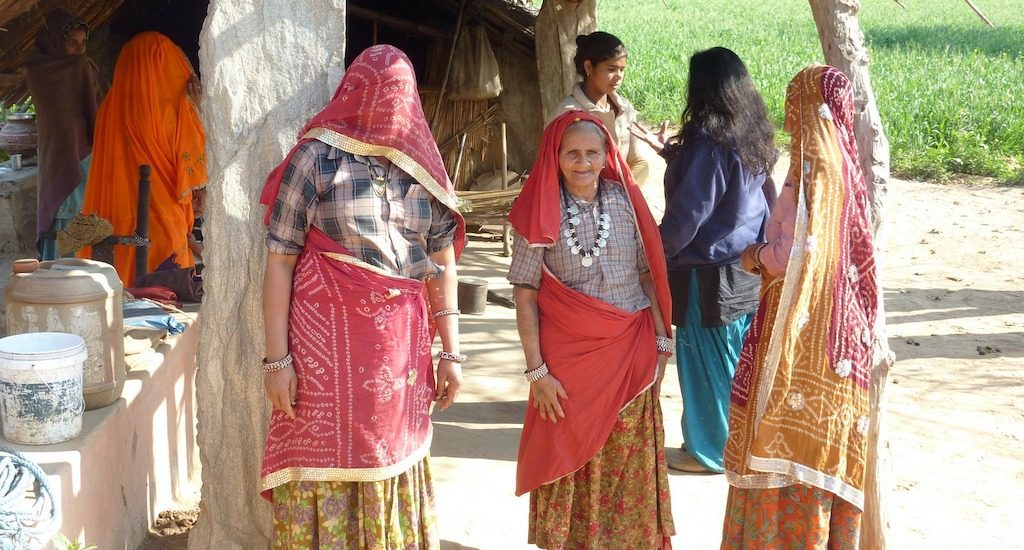
Will rural women rise up against digital patriarchy?
It remains to be seen whether the digital world of today will become more hostile to women in villages than their physical reality, which is currently dominated by men who lord it over them
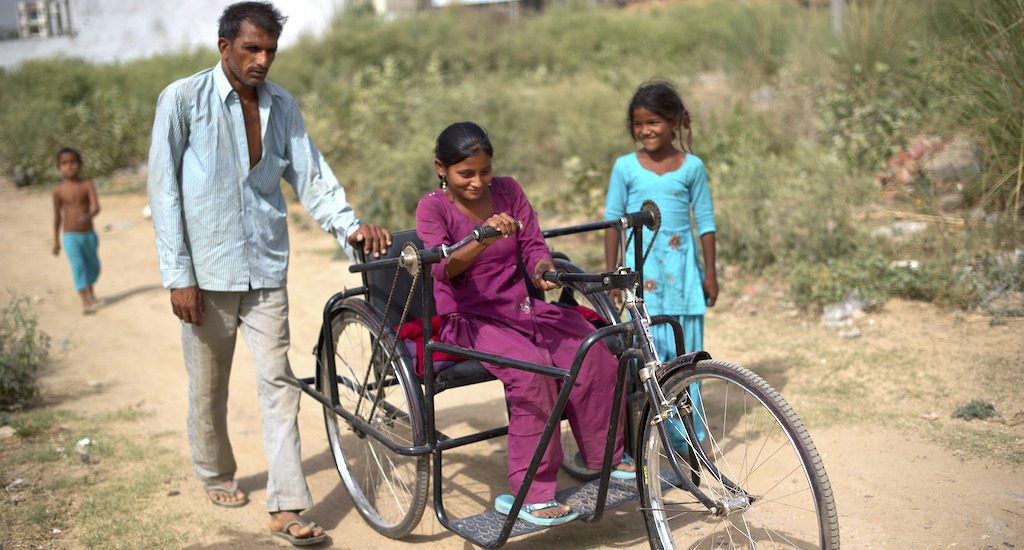
People with disabilities languish across rural India
Although there are 27 million people in India with disabilities, of which more than 70% live in villages, they are a neglected segment of the population despite pious intentions mouthed by the central and state governments
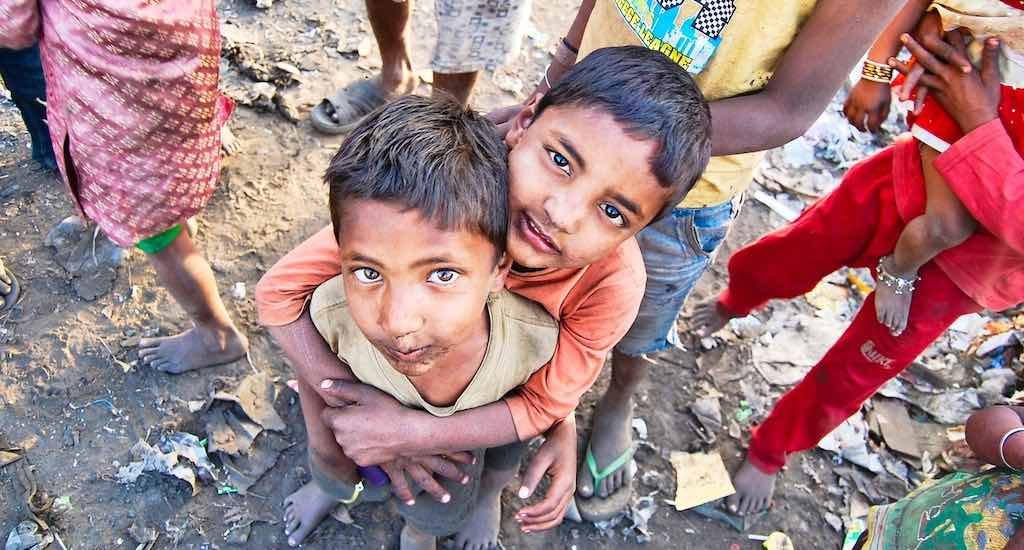
The grey and grim hues of rural India
In travelling to the less fortunate parts of the countryside, it is difficult to come to terms with the stark poverty, squalid living conditions and bleak prospects of the young living in the neglected parts of our country
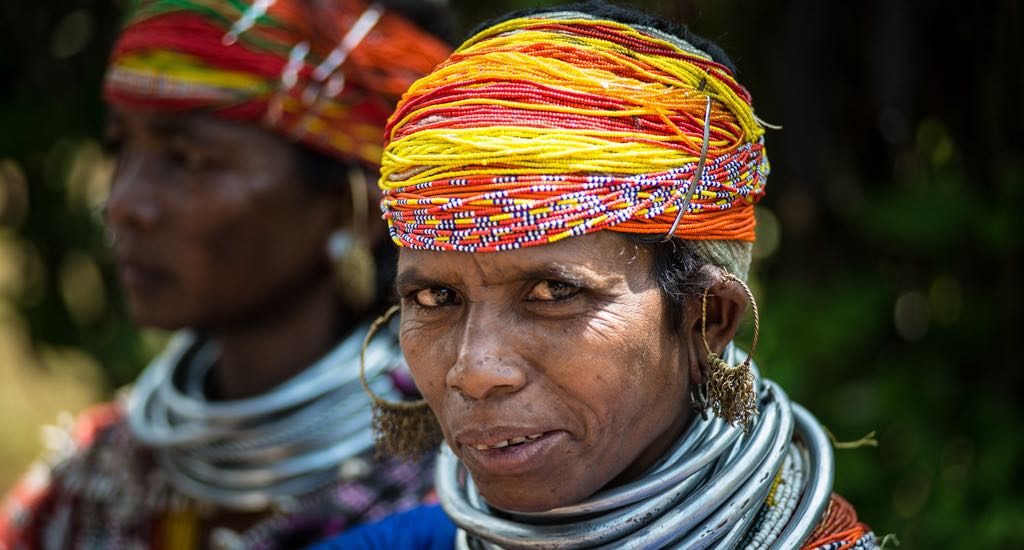
India’s bureaucracy has failed its forest dwellers
The country’s particularly vulnerable tribal groups, who live mostly in dwindling forests, have not been well served by the government’s administrative machinery, but have slowly been reduced to virtual serfdom
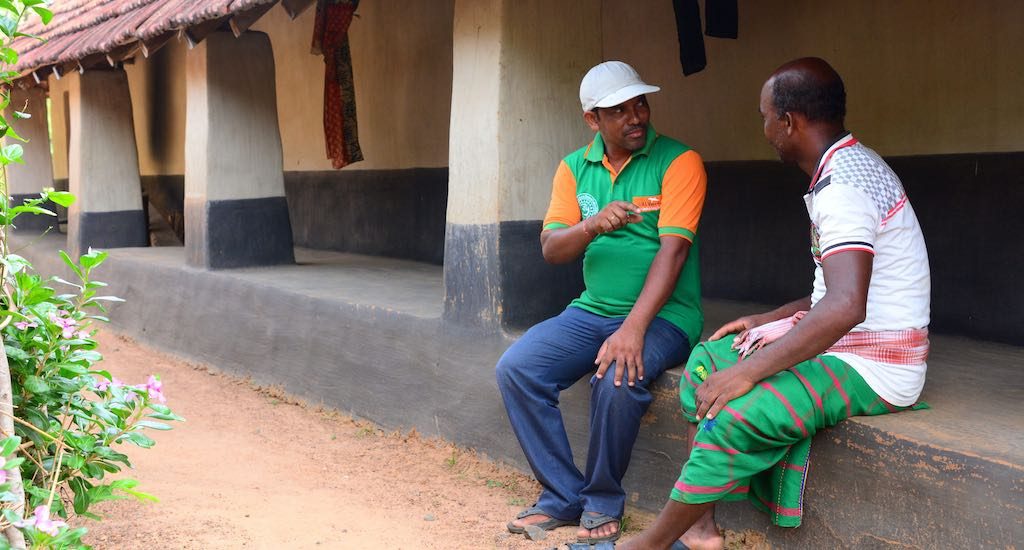
The importance of succlure and faiccess in rural development
It is not always easy to measure the success in any rural development intervention because it often depends on the differing frames of reference of the village community and that of the grassroots worker
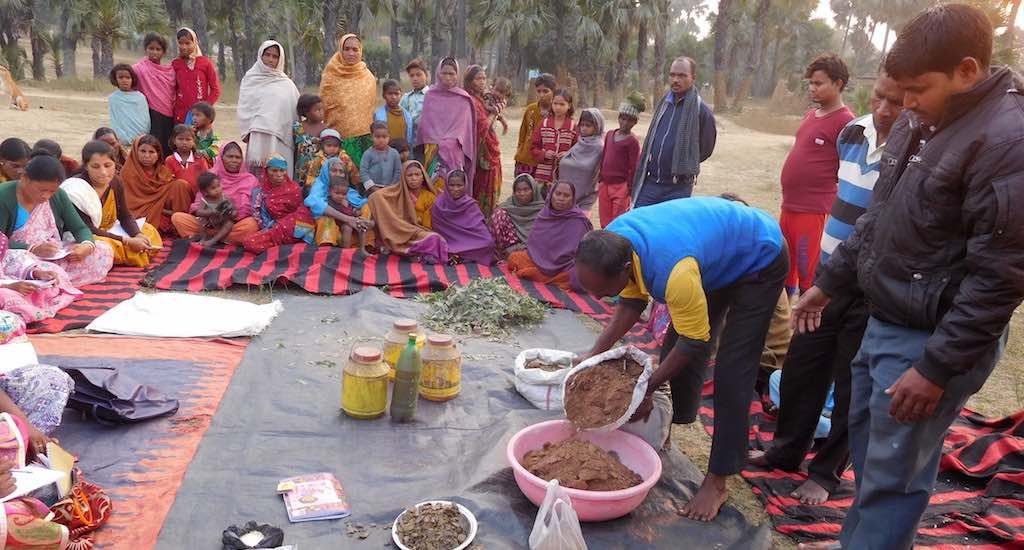
Strengthening grassroots in Gaya for self-sustenance
By popularizing the system of root intensification and introducing sustainable agricultural practices, Anil Verma has brought a positive change in the lives of marginalized farmers in Gaya
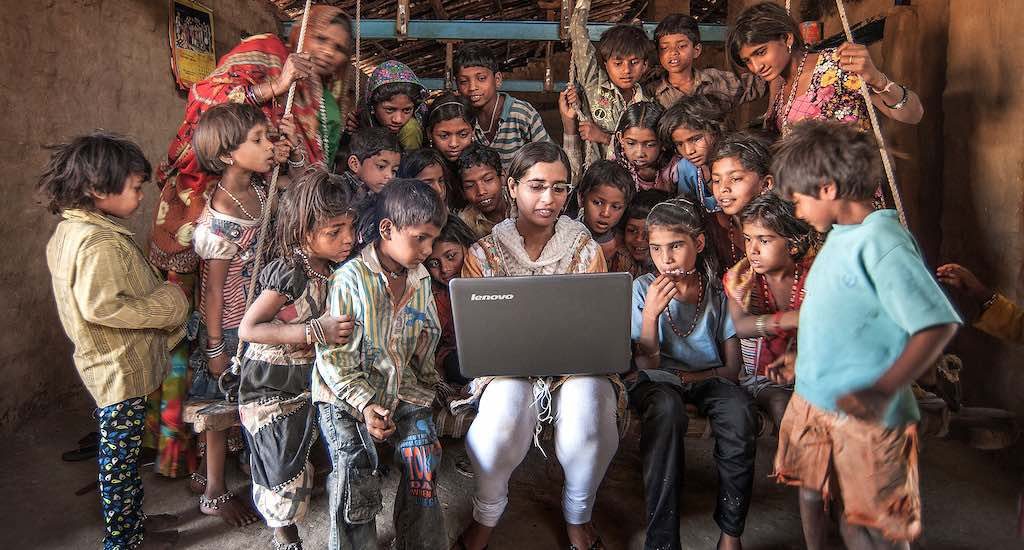
Telcos, techies and teachers: Travesty of digital inclusion in rural India
Although digital networks have penetrated into remote rural areas, their use is still limited among villagers due to a variety of reasons, the shortcoming of local teachers not the least among them
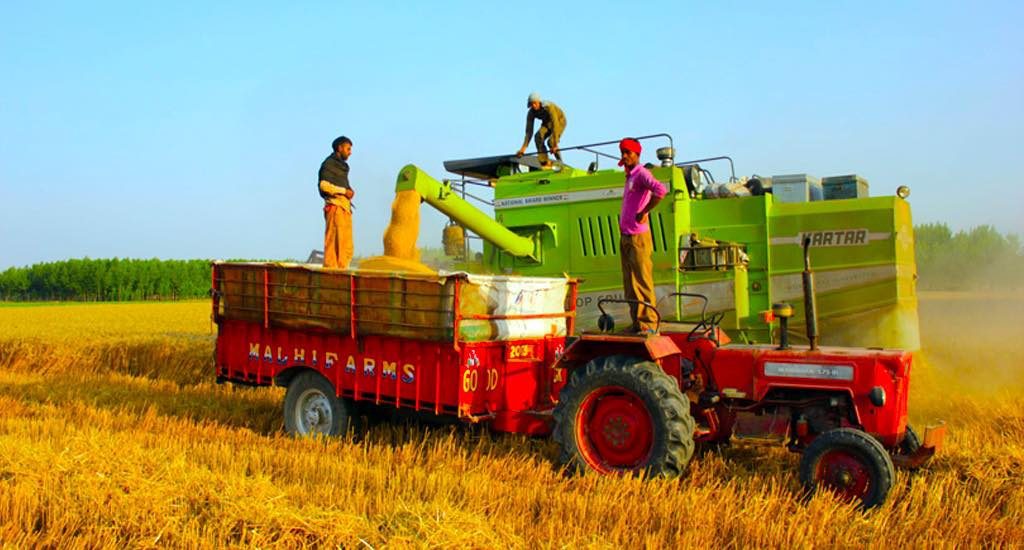
How to develop divisible technology for the rural poor
There is a need to develop easily divisible technologies that do not need heavy investment, after taking into consideration social customs and cultural practices of rural users
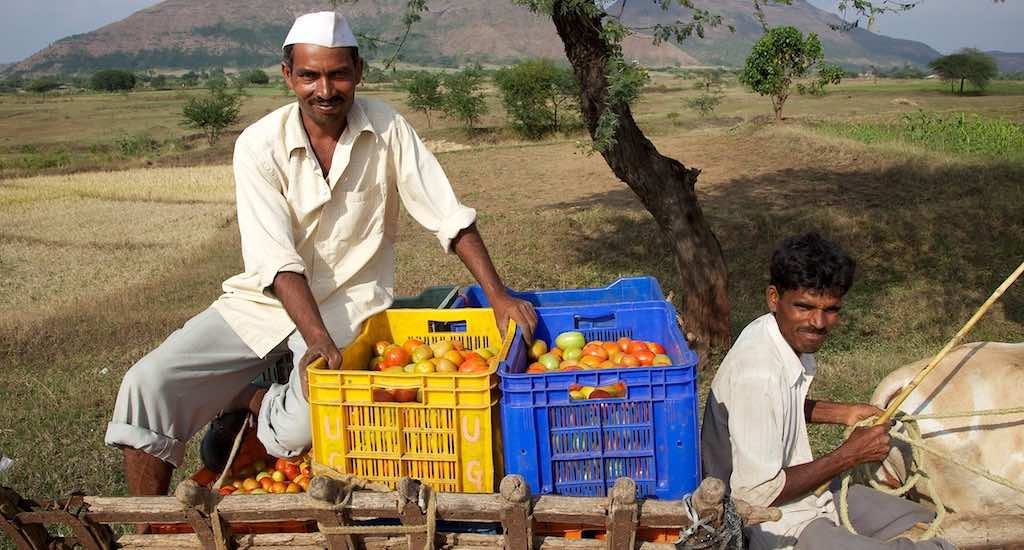
There’s more to horticulture than tomatoes, onions and potatoes
While the priority given to tomato, onion and potato (TOP) farmers by the Prime Minister is a welcome move, special attention must be given to smallholder vegetable growers, since horticulture provides a nutrition and income buffer to the rural poor